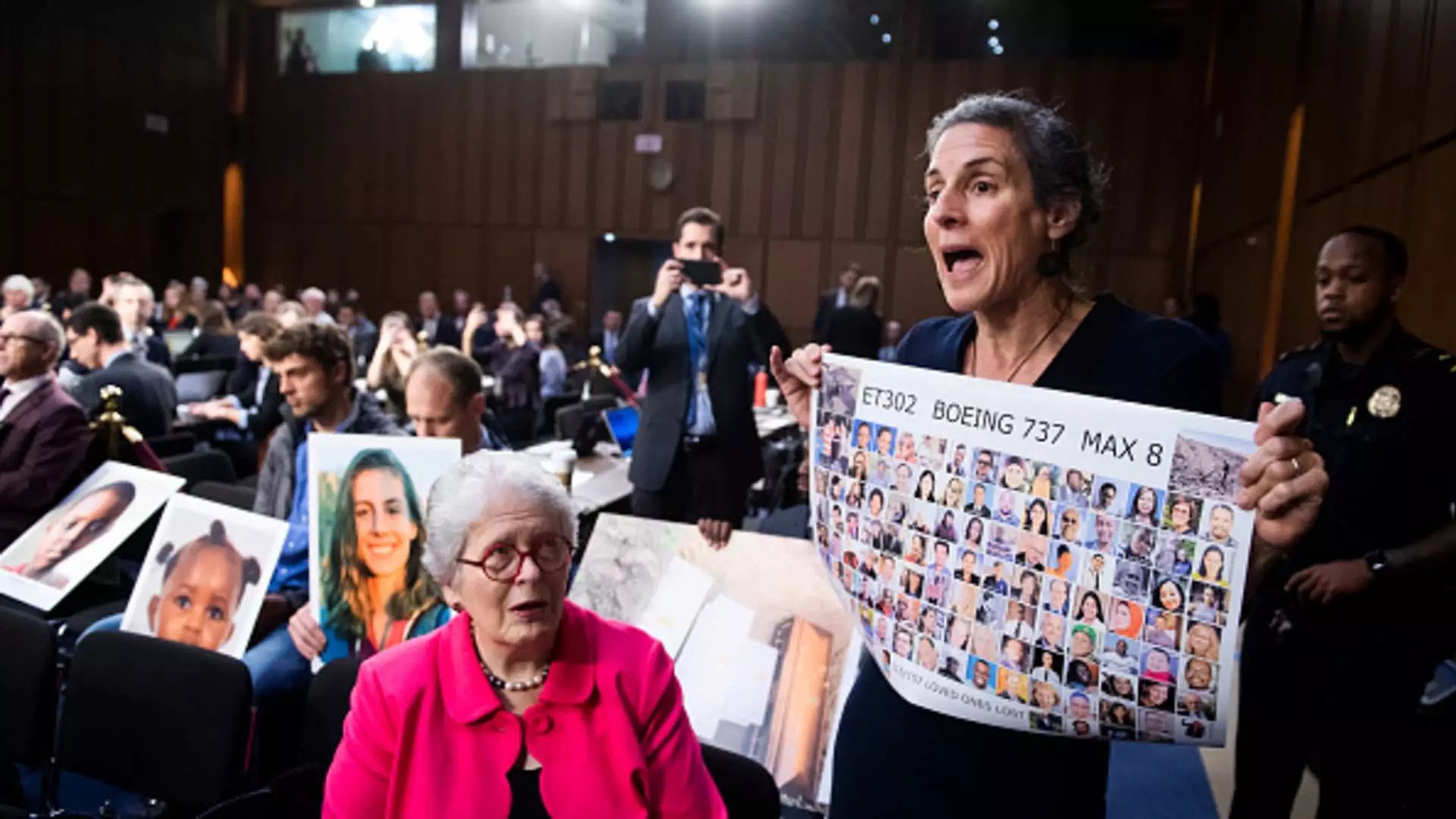The recent developments concerning Boeing and its ongoing legal issues introduce critical questions about corporate accountability, safety regulations, and the integrity of the judicial system. A federal judge’s decision to reject a plea deal related to Boeing’s criminal fraud charge underscores deeper concerns regarding not only the conduct of one of the world’s largest aerospace manufacturers but also the systemic frameworks that govern regulatory compliance and oversight.
On Thursday, U.S. District Judge Reed O’Connor dismissed Boeing’s plea deal, which was tied to the company’s alarming role in the fatal crashes of the 737 Max aircraft. This decision comes in the wake of the judge’s expressed fears that diversity, equity, and inclusion (DEI) policies could influence the selection process for a government-appointed monitor, a requirement of the plea agreement. The need for a monitor stems from Boeing’s acknowledged misconduct—specifically, misleading regulators regarding the aircraft’s flight-control system that ultimately led to two tragic collisions, resulting in the loss of 346 lives.
Judge O’Connor’s assertion that the monitor’s appointment should be competency-based rather than influenced by race raises significant questions about how governmental bodies balance ethical considerations with the need for qualified oversight. In an era where companies are under increasing scrutiny regarding their ethical practices, the judiciary must maintain public confidence in its processes, ensuring that decisions are made transparently and free from biases that may undermine justice.
The historic plea agreement allowed Boeing to avoid a criminal trial that could have unwrapped numerous layers of accountability behind the company’s operational shortfalls. In July, Boeing was accused of conspiring to defraud the government by not properly integrating safety measures within the 737 Max’s flight systems. The gravity of these accusations, particularly in light of the tragic accidents involving Indonesian Lion Air and Ethiopian Airlines, calls for stringent reinforcement of legal penalties and increased scrutiny of corporate behavior.
The judge’s rejection not only represents a pivotal moment in the legal proceedings against Boeing but may also signal a shift in how regulatory agencies approach corporate misconduct. Victims’ families have vehemently opposed the leniency demonstrated through the proposed settlement, labeling it a “sweetheart deal.” Their calls for a more stringent approach resonate with a broader societal demand for accountability, where victims and their families feel that justice is not just served but perceived to be sincere and robust.
In October, Judge O’Connor stipulated that both Boeing and the Justice Department outline any DEI policies possibly affecting the selection of the monitoring individual—signaling that the judge recognizes the need for a multifaceted approach to these circumstances. The complexities of compliance in the aviation industry, combined with corporate pressures, necessitate a re-evaluation of how companies like Boeing interact with regulatory bodies. With multiple incidents illuminating systemic issues of neglect, the legal framework governing aviation safety must not accommodate leniency that could endanger lives.
Furthermore, adding to the urgency is the recent incident involving a door panel blowing out during a flight, suggesting that Boeing’s operational challenges extend beyond past failures. The ongoing scrutiny indicates that the regulatory frameworks need not only to focus on punitive measures but also to emphasize proactive corporate governance practices.
In the wake of the judge’s decision, Boeing’s future hangs in a fragile balance, prompting a reconsideration of its operational architecture and accountability frameworks. Erin Applebaum, a legal advocate for victims’ families, pointed out the potential for substantial renegotiation of the plea deal to better reflect the severity of Boeing’s actions. This signals a hopeful shift towards more rigorous accountability, which advocates believe is essential for both justice and industry change.
As the airlines and regulators look ahead, it becomes apparent that the lessons learned from this tumultuous saga should prompt comprehensive reform. Ensuring safety in aviation is not just about compliance, but it demands a cultural shift that prioritizes ethical behavior and accountability at every level. The fate of Boeing in light of these developments serves as a crucial reminder of the delicate balance of corporate integrity and regulatory oversight and the integral role both play in preserving public safety.

